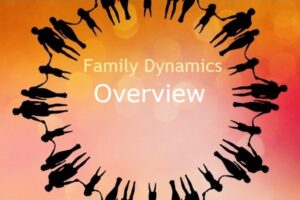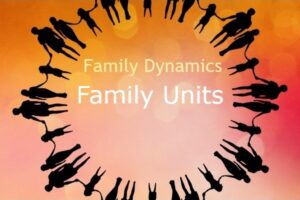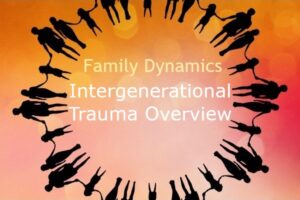Family dynamics can shape our lives in profound ways, influencing our emotional well-being, relationships, and personal development. While many families provide a supportive and nurturing environment, some family situations can be toxic, leading to lasting emotional and psychological effects.
Examples of Toxic Family Dynamics
Toxic family dynamics refer to patterns of interaction and communication that are harmful and damaging to family members. These dynamics can manifest in various forms, such as:
Emotional Abuse: This includes belittling, manipulation, and constant criticism that undermine a person’s self-worth.
Neglect: Failure to provide emotional support, love, and attention can be as damaging as overt abuse.
Overbearing Control: When family members exert excessive control over others’ lives, stifling independence and personal growth.
Favoritism and Inequality: Unequal treatment of family members can lead to resentment and jealousy, creating divisions within the family.
Conflict and Hostility: Constant arguing, aggression, and unresolved disputes can create a hostile living environment.
Signs of a Toxic Family
Recognizing the signs of a toxic family can be the first step toward seeking change or help.
Some indicators include:
Lack of Communication: Open and honest communication is absent, replaced by silence, secrets, or hostile exchanges.
Constant Drama: Family interactions are characterized by chaos, unpredictability, and emotional upheaval.
Manipulation: Family members use guilt, shame, or emotional blackmail to control others.
Boundary Violations: Personal boundaries are ignored, leading to feelings of violation and distrust.
Emotional Exhaustion: Interactions leave you feeling drained, anxious, or depressed.
Coping with a Toxic Family
Dealing with a toxic family can be challenging. Here are strategies that can help you cope:
1. Establish Boundaries: Clearly define what behaviors you will and will not accept. Communicate these boundaries firmly and consistently.
2. Seek Support: Reach out to friends, support groups, or a therapist who can provide guidance and a listening ear.
3. Practice Self-Care: Prioritize your mental and physical health through activities that rejuvenate and energize you.
4. Limit Interaction: When possible, reduce the amount of time spent with toxic family members to preserve your well-being.
5. Focus on Positivity: Cultivate a positive mindset by surrounding yourself with supportive and uplifting individuals.
Moving Forward
If you find yourself in a toxic family environment, it is important to remember that you are not alone and help is available. Professional therapy can provide valuable tools and perspectives to navigate these complex relationships. Ultimately, prioritizing your well-being and mental health is crucial for leading a fulfilling life, even if that means redefining what family means to you.
Family Dynamics Articles
Family Dynamics Overview
Family Dynamics: Family Units
Types of Families: Nuclear Family, Single Child Family, Blended Family, Extended Family, and Single-Parent Family
Family Dynamics: Understanding Toxic Family Dynamics
Family Dynamics: Intergenerational Trauma Overview




